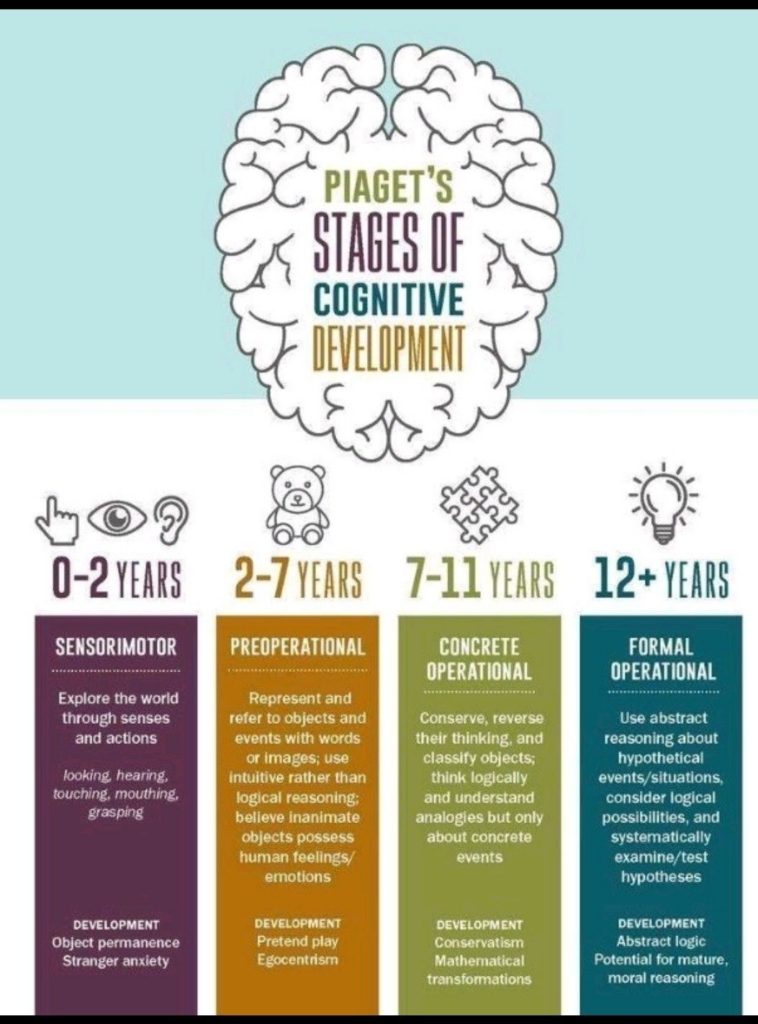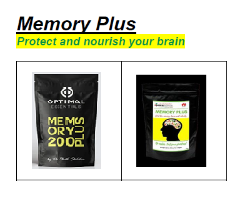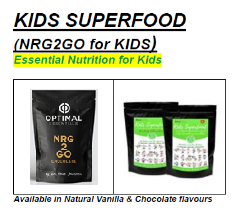
Nutrition in Early Childhood
Although eating a well-balanced and nutritious diet is important throughout the course of our lives, it’s especially critical in early childhood. On average, pre-schoolers between the ages of 2 and 5 grow between 6 and 9 inches and gain between 12 and 15 pounds. Significant brain development occurs as well. Instilling healthy eating habits and providing good nutritional choices is extremely important to ensure normal development in a number of areas, including:
- Cognitive development, or the development of the brain. This includes the ability of children to develop language skills and short and long-term memory, and make connections.
- Physical development, which refers to the actual physical growth of a child, including his/her height and weight.
- Emotional and social development, or the ability of children to form relationships with others and mature.
https://study.com/academy/lesson/how-nutrition-impacts-early-childhood-development.html
Every child has a right to optimal cognitive, social, and emotional behavioural development. The cognitive, social, and emotional parts of the brain continue to develop across the lifespan. A great deal of the brain’s ultimate structure and capacity is shaped early in life before the age of 3 years
Among the factors that influence early brain development, three stand out has having particularly profound effects: reduction of toxic stress and inflammation, presence of strong social support and secure attachment, and provision of optimal nutrition
https://www.ncbi.nlm.nih.gov/pmc/articles/PMC4981537/
There are also certain nutrients that are necessary for healthy brain development of children. These nutrients include:
…… to read on, please register as a member or login below:
Recommended Organic Superfoods & Supplements for Children’s Brain Health:
-

Olivenol Plus Essence
HK$320.00 – $580.00 Select options This product has multiple variants. The options may be chosen on the product page -

Fibre Digest
HK$560.00 Add to cart -

Memory Plus
HK$560.00 Add to cart -

AB9 C3 Curcumin BDM30TM
HK$490.00 Add to cart -

Kids Superfood (NRG2GO for Kids)
HK$320.00 Add to cart






